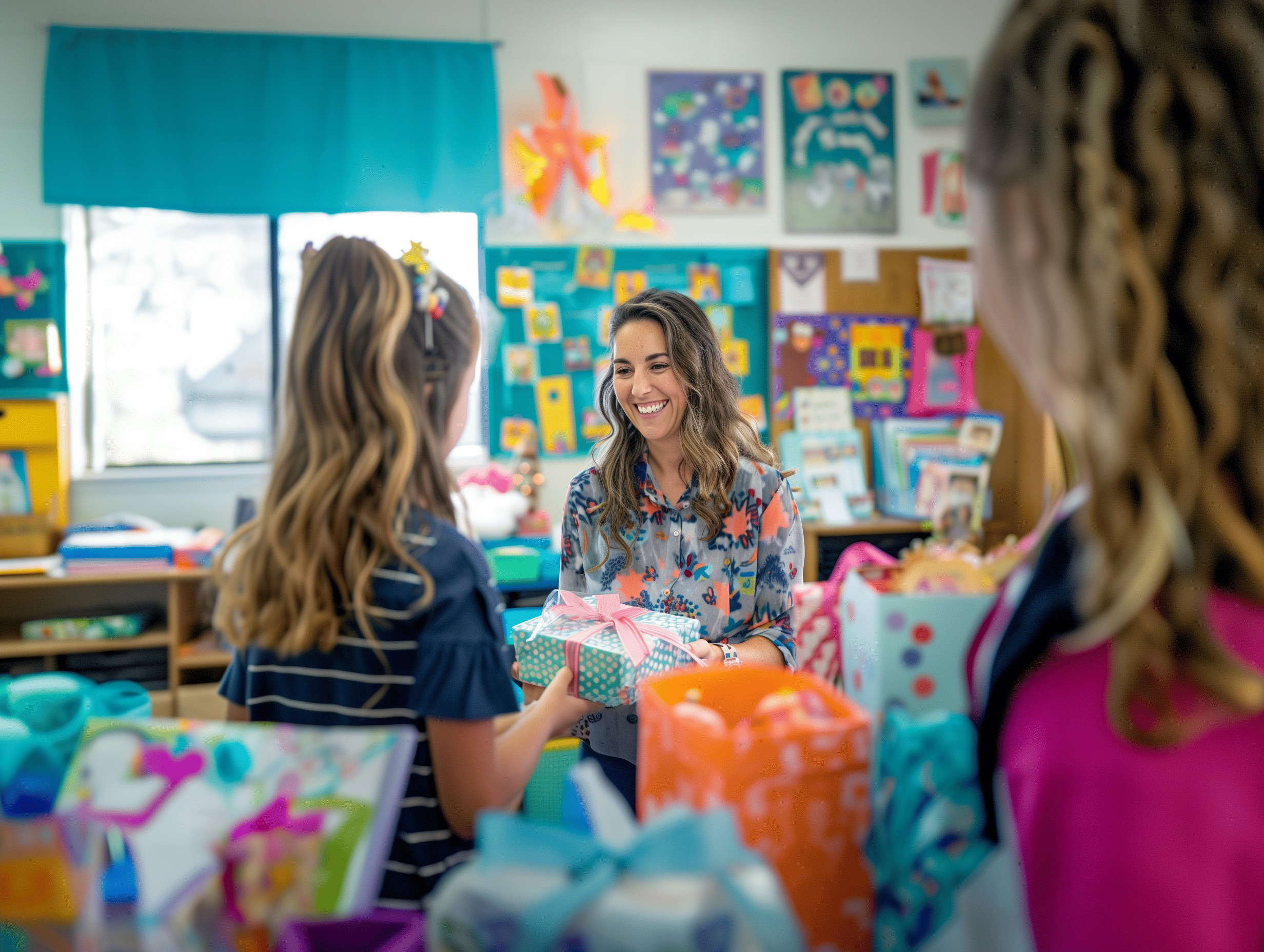| | |
Differentiated Instruction and the Brain-Friendly Classroom November 5-8, 2006, The Hyatt Regency, San Antonio, TX
Don't
miss this extraordinary opportunity to learn from experts
and enjoy the historical sites!
Differentiation and the Brain-Friendly Classroom
Sunday thru Wednesday, November 5-8, 2006
The Hyatt Regency, San Antonio, TX
/
/
|
Carolyn
Chapman
Differentiating for
the Stars: One Size Doesn't Fit All (keynote)
With differentiation, teachers can lead
students to take responsibility for their learning by being
fully accountable, personally engaged, and actively immersed
in experiences of their choosing. In its brain-friendly
way, differentiated instruction creates designs for learning
tasks and assessment tools that are interesting, relevant,
meaningful, authentic, and powerful.
Differentiated
Assessment Strategies: One Tool Doesn't Fit All
Participants will be actively engaged in a variety of
useful informal and formal tools during this session. The
toolbox of strategies is used to assess students before,
during, and after learning. These easy to implement
assessment strategies, tips, and tools enable educators
to evaluate prior knowledge, to find entry points of learning
and continue to let assessment drive curriculum throughout
the learning process. Quality assessment data guides
instruction in a differentiated classroom. |
|
Carolyn Chapman |
Donna Tileston
Understanding Digital Kids: Teaching and Learning in the New Digital Landscape
(Preconference)
Every educator knows that today’s kids are fundamentally different. These differences result from the fact that many of today’s kids, kids of the Instant Messenger (IM) Generation, are growing up in a global digitally networked landscape filled with innovative, interactive, and powerful communication technologies. This presentation examines the new digital landscape and the profound implications this holds for the future of education.
|
What Every Teacher Should Know about Differentiated Learning
We all realize that kids today are different and that there are significant differences in the way every individual student learns. Furthermore, teachers today have the monumental task of trying to meet the needs of all of their students all the time. This workshop provides a practical, step-by-step process for meeting the needs of different learners. Participants will use interactive and hands-on processes for dealing with differences in terms of socio-economic status, learning modalities, ethnicities, learning difficulties, English language learners and digital learners. |
What Every Teacher Should Know About Learning, Memory and the Brain
Everyone has a different opinion about which teaching strategies work best. How do you distinguish between good and great techniques? Based on brain research and on meta-analysis of the effect sizes of different instructional practices, this presentation will help participants learn a process for making informed decisions about choosing the best instructional practices that will make the most difference in student learning. Participants will not only learn why certain practices have a greater effect on student achievement but will also create a process for making decisions in their own classrooms based on the type of knowledge being taught and tested. |
|
Marcia
Tate
Worksheets Don’t Grow Dendrites:
20 Instructional Strategies that
Engage the Brain
Have researchers ever complained that their students cannot
understand or recall much of the content taught after a 24
hour period? It stands to reason that if students don’t
learn the way we teach them, then we must teach them the
way they learn! Experience 20 instructional strategies (based
on brain research and learning style theory) that maximize
memory and minimize forgetting. Increase learning for students
when strategies like drawing, metaphor, music and storytelling
are used to teach curriculum objectives and meet national
standards. Explore research that shows why these strategies
are preferable to others. Ensure that brains retain key concepts,
not only for tests, but for life! This workshop has been
called both professional and personally life-changing and
lots of fun! |
|
Dr. Marcia Tate |
Dr. David Sousa
|
David
Sousa
Helping
Students Become Better Readers
Through Brain Science
Come to this interactive session and explore the fascinating
discoveries that brain scientists are making about how the
brain learns to read. Hot topics will include suggestions for
deciding how to select a scientifically-based reading program
(Is there such a thing?) for beginning readers as well as how
to help older students improve their reading skills in content
areas. Educators in both elementary and secondary schools will
find practical applications of this exciting research that
can help all students become more successful readers. |
|
Kathie Nunley
Differentiating the High School Classroom: Overcoming the Obstacles
Can high school teachers cover a huge content-heavy curriculum, follow the district text, prepare students for AP and SAT exams, use predominant lecture methodology, AND differentiate instruction? Absolutely! Best of all, you can have a good time doing it. Despite the obstacles the system may throw our way, differentiation can be done at the high school level. This session will provide practical and humorous suggestions that work in any high school situation. |
|
Kathie Nunley |
David Hyerle
|
David Hyerle
Thinking Maps: A Language for Learning from Kindergarten to College
This presentation will offer a compelling display of what happens when Thinking Maps and Software are used as a language for learning for all students across different cultures and second language acquisition. Thinking Maps are eight fundamental thinking skills defined and animated by nonlinguistic representations, and introduced as an integrated, common visual language for thinking and learning across whole learning communities. In this presentation, the audience will investigate and practice with these tools and applications in every content area and show exemplars of student work that are explicitly meeting standards and transforming whole schools.
|
Leadership in a New Language for Teachers and Administrators
Over the past dozen years Thinking Maps have been implemented with depth in over 5,000 whole schools, with a focus on improving content learning and thinking processes. Thinking Maps provide a common visual language for managing an overload of information within complex, often nonlinear problems, which require gathering, organizing evaluating, and communicating ideas. In many schools these schools have provided the glue for bringing people together. In this session, you will be able to literally SEE how this language enables organizational members to see each other’s thinking, resolve differences, create plans, and implement sustainable solutions. |
|
All featured sessions are presented in an interactive,
3 hour workshop format!
Registration is $449 per person
President's Reception plus Coffee & Danish Breakfasts Included
(For room reservations please call the The Hyatt Regency, San Antonio
San Antonio, TX,
at
210-222-1234)
|



